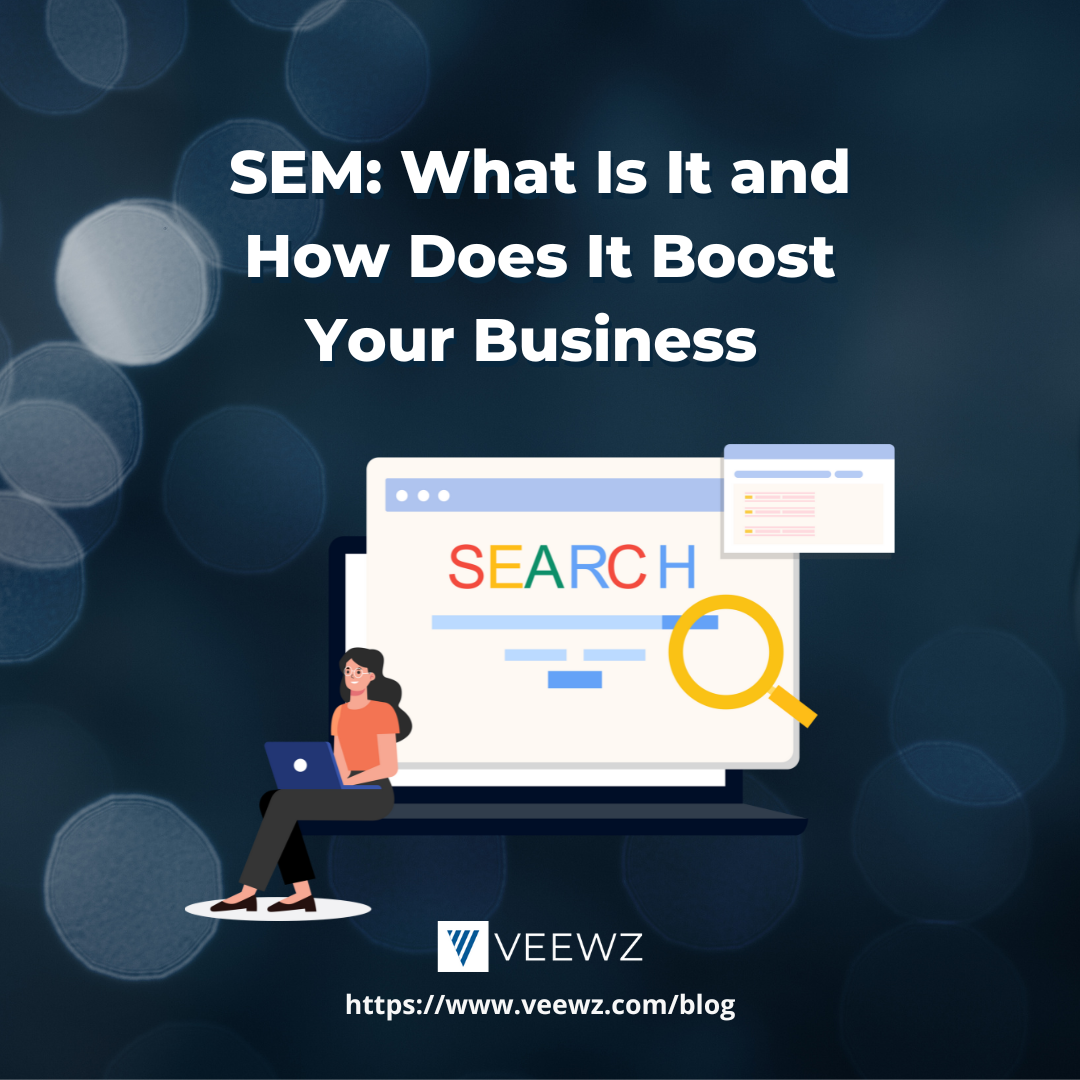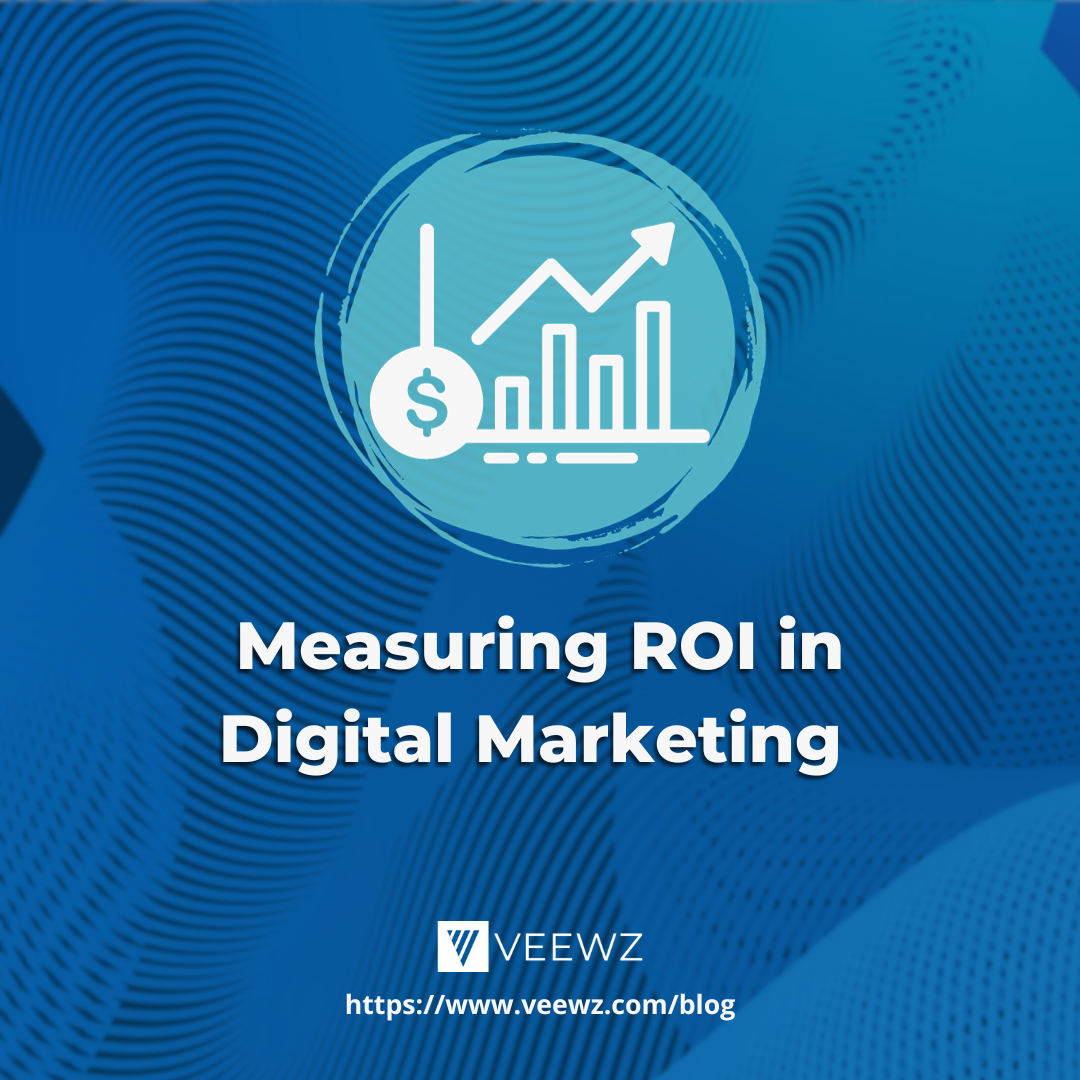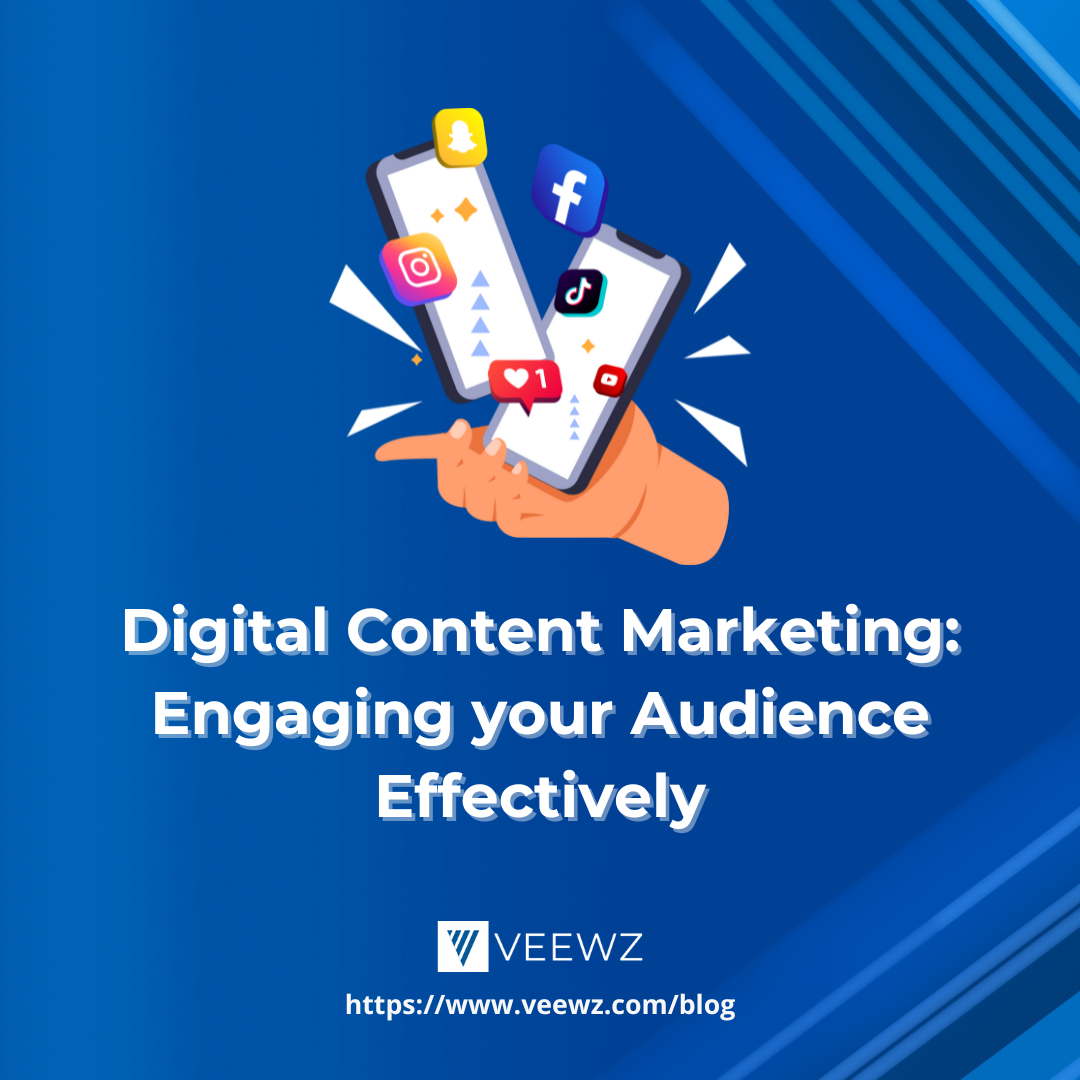

Online marketing is gaining popularity with the increase in the number of Internet users. There are many ways of online marketing and reaching your target audience. Also, techniques like SEO and SEM are quite common in the digital marketing world. So, the chances are that you have also heard about them. But how exactly do SEO and SEM differ, and which is better for your brand?
The basics of Search Marketing
The search engine results that you see upon entering a query are of two types: organic and paid. Several marketing techniques are applicable in the search results as well. It is known as Search Marketing and helps a website in three ways:
- Increases search visibility
- Improves a websites rank in search results
- Attracts more traffic to a website
Some businesses pay search engines to show them in the ads or results for a particular query or keyword. These are also known as paid-per-click ads. The PPC ads are usually shown at the top and bottom of the search engine result page (SERP) and are marked with an Ad sign.
Whereas the organic results are the ones that are shown for free in the SERP. Appearing in the SERP can increase traffic to a business website and increase its rank. For this purpose, businesses use different search marketing techniques, called SEO and SEM. Let’s take a look at both of them and how they differ.
Search Engine Optimization (SEO)
SEO is a complex process that focuses on maximizing the number of visitors to your website. Hence it focuses on actions that boost the website’s appearance on the list of results shown by search engines like Google and Bing.
Moreover, SEO includes the following activities:
- natural distribution of a site's content through the web's referral system
- achieving a good rank by building a high volume of relevant content
- interacting with Google crawlers
- using targeted keywords
SEO-friendly websites are ranked higher when search engines’ web crawlers visit the sites. This increases the chances of ranking higher in the SERP and hence increases organic traffic. Digital marketers also refer to SEO as organic or natural search engine listings.
SEO comprises of the following optimizations:
- On-page SEO
This includes optimizing individual pages of the website. For instance:
- Relevance to the query
- Clear and simple structure
- Unique content
- Use of keywords in titles, headings, meta description, and text
- Short and readable URLs
- Off-page SEO
Off-page SEO includes actions that improve website ranking such as:
- Useful backlinks
- Positive reviews
- Listing the business in Google My Business
- Brand reputation building
- Technical SEO
It is focused on technical improvements so that search engines can scan, evaluate and index the website’s content. Technical SEO includes:
- Improving the page loading speed
- Indexing
- Mobile friendly UIs
- Crawlability
- Structured data
- Sever response code configurations
- Managing internal website links
Pros
- Increases brand awareness
When search results show your brand in the organic results, it stays in the online user’s mind. Your business gains more visibility when the website ranks for keywords relevant to the business.
- Strong branding
You have a chance to build a stronger connection with the audience by sharing relevant information. Consequently, it helps them learn more about your niche.
- More trust and credibility
Google and other search engines show reliable and best websites for all queries. Also, the users know that Google works hard to show relevant and credible results. So, if your brand is among them, it will gain more trust.
- Lower cost
SEO does involve some investments but they’re not as big as SEM. Moreover, the results achieved with it, are worth it.
- Better ROI
SEO doesn’t require any payments for impressions or clicks. Also, it gives better ROI than traditional marketing tactics.
- High-quality Click Through rate
Users are more likely to visit an organically ranked website than the sponsored ones. Undoubtedly, CTR depends on other factors, but the chances are higher as an organic result.
Cons
- Time-consuming
Compared to SEM, SEO can be slow in showing results, especially if you’re a beginner. Depending on your keywords and content, it can take weeks or even months to see the results.
- Highly competitive
You obviously have competitors who are well-established in the online marketing world. Hence, it can be hard to rank against them using the same keywords.
- May require the help of a digital agency
One of the most common ways of attracting an audience is through online content. But creating content that is unique and relevant, can be difficult. So, you might need to hire a digital agency to help with it.
- Needs regular backlinking
Link building plays an important role in SEO. Thus, you need to connect to other websites to get quality links. This will also require expert help.
Search Engine Marketing (SEM)
SEM is a process to gain traffic with more visibility on SERPS by advertising on Google Ads or Bing Ads. It is based on keywords and includes SEO and PPC as well. Different search engines offer advertising services that you can choose based on your target audience, keywords, and region.
In SEM, a business pays a fee for a specific keyword phrase. As a result, it gains traffic from SERP when people search for a certain product or service. Also, it allows you to appear in the first of search engine results if your website is unlikely to appear there.
Businesses usually use SEM when their competitors have strong backlink profiles and more relevant content. Google Ads is one of the most commonly used platforms for this purpose.
Through Google Ads, you can get ads to appear at the top of Google search results for specific keywords you select. Moreover, you’ll only pay for the clicks that you receive on your ads.
Most of the time, digital marketers use the term SEM when referring to their PPC campaigns or paid search activities.
Pros
- Appear at the top
When your brand appears at the top of the SERP, it catches the attention of the audience. Regardless of whether users visit the link or not, it catches their eye.
- More control
You can change every minor detail of the ad to make it better and improve performance. Moreover, you can control your budget and spend it according to your limits.
- Advertise better
Organic results don’t show products in the SERP. Whereas SEM results also include pictures and details of the products shown on the website. Thus, the visual element increases the chances of clicking the ad.
- Targeted ads
With SEM, you can laser-target the audience you want to reach. Hence, it increases your brand’s visibility and credibility. As a result, you gain a better ROI.
- Quick and noticeable results
Unlike SEO, SEM can get quick and noticeable results in very little time. Moreover, you can analyze the problems and fix them on time.
- Low-cost leads
Undoubtedly, the cost of leads depends on many factors, but if the basics are one right, it can be highly rewarding. You can get high-quality leads for a very low cost, especially when working in a smaller niche.
- Real-time feedback
PPC ads can help you test ideas or products before officially rolling them out. As a result, you can see how the audience interacts with them and use that in improvement.
Cons
- Expensive
The cost of PPC gradually increases over time. Moreover, if not done right, it can lead to a huge loss in budget.
- Continuous investment
The results of SEM are visible as long as you keep investing in the campaigns. If you get a good ROI, it might make sense. But if the results are not as good, it can be a waste of resources.
- Tough competition
Your competitors can easily find out about your campaigns and how your sales funnel works. Whether it is your marketing strategy, keywords, or ads, nothing stays a secret. While the results might not be greatly affected, it still matters.
SEO vs. SEM
To sum up, SEO deals with organic listings on search engines, and SEM deals with paid listings.
Every business has a target market and unique audience. SEO or SEM can help you reach that audience but not guarantee any results. You have seen how both of them have their own pros and cons. So, choosing the better option depends on your budget, goals, and target market.
You need to do the math and find out which option will be viable for your business. If you can wait for a while to achieve results, SEO can help with it. However, if you’re looking for instant results, SEM is the way to go. Nevertheless, SEO will still be used when using SEM.
Even though SEO can take longer to bear fruits, it will be a cheaper marketing strategy in the long term. It helps you create a brand image that is not possible with paid search campaigns alone.
What’s similar?
SEO and SEM, both are search marketing techniques that have the following things in common:
- Help your brand appear at the top of search engine results
- Drive more traffic to your website
- Require prior knowledge and research on your target market and audience
- Rely on keywords to promote your website
- Used to target a specific audience using keywords
- Rely on trial and error and regular enhancements
What’s the difference?

SEO focuses on the website’s content and link structure to gain higher rankings. Whereas SEM focuses on bidding on keywords using Pay-Per-Click (PPC) advertising.
Given below are the differences between Search Engine Optimization (SEO) and Search Engine Marketing (SEM):

Which one is better for your brand?

Though SEO and SEM are different, they are regularly used together. Nevertheless, if you want to choose only one of them, take a look at the table below:

Conclusion
Nowadays, both SEO and SEM are important in the digital marketing world. Comparing the two doesn’t have any simple answer. Many factors affect which search marketing strategy to choose. While some focus on SEO and others on SEM, some might prefer using both.
Undoubtedly, search marketing can bring excellent traffic and increase conversions for your business. However, if you want to choose one of the techniques, you need to do some research. Knowing your business objectives, budget, and target audience can help you create an effective digital marketing strategy.
Moreover, staying up-to-date on these marketing approaches helps you get one step ahead of your competitors. The more knowledgeable you are about SEM and SEO, the more success your business will see.
About the Author
Related Article

SEM: What Is It and How Does It Boost Your Business

Measuring ROI in Digital Marketing

.png)












.png)























.png)

.jpg)





.jpg)




